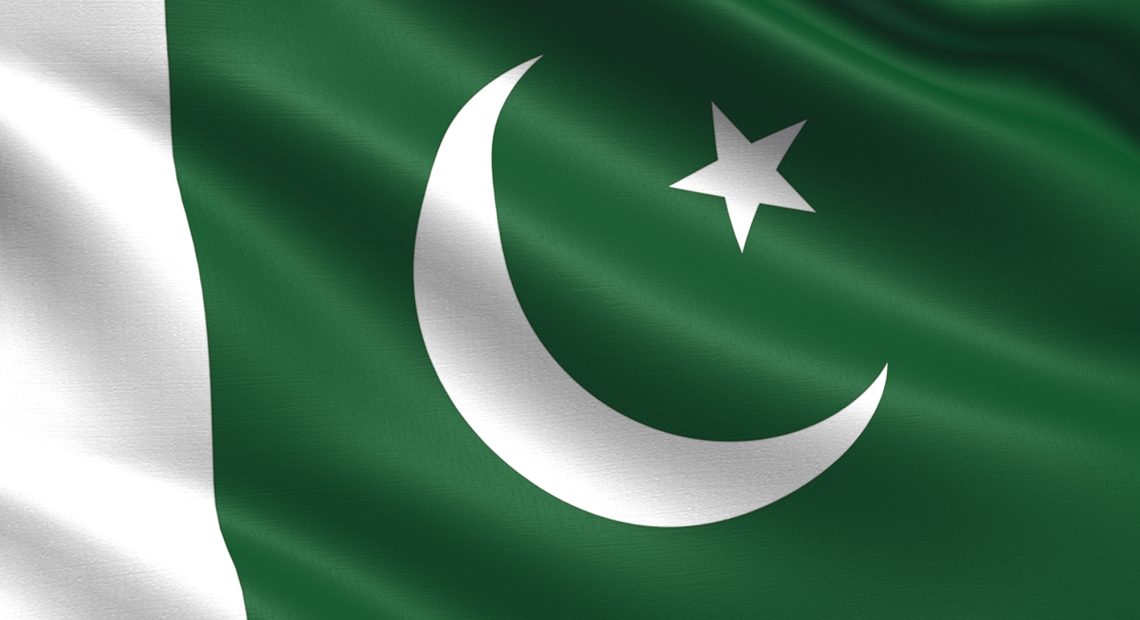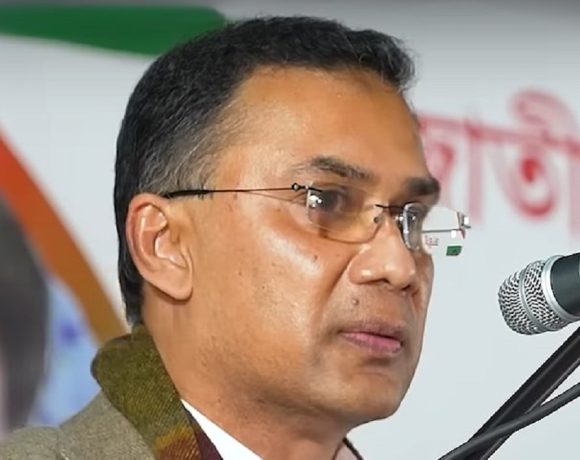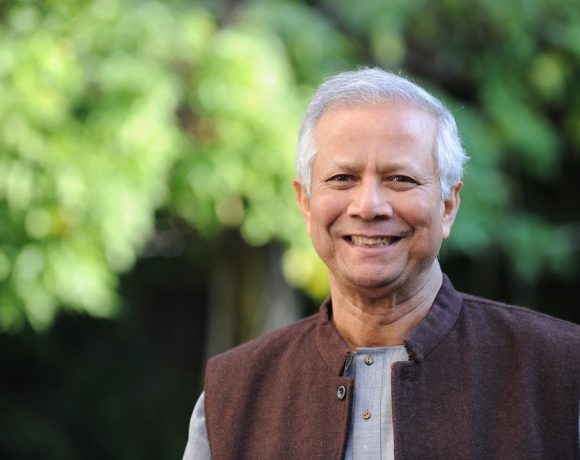
US Lawmaker Confronts Pakistan Over Terror Links, Minority Rights
During a high-level meeting in Washington, U.S. Congressman Brad Sherman delivered pointed criticism to a Pakistani delegation led by former Foreign Minister Bilawal Bhutto Zardari. The meeting, intended to foster diplomatic engagement, turned into an uncomfortable moment for the Pakistani side as Sherman raised hard-hitting issues related to terrorism, human rights, and regional security.
Sherman called on Pakistan to take urgent and concrete steps to dismantle terrorist groups operating within its borders, particularly Jaish-e-Mohammed (JeM), which has been involved in several deadly attacks across the region. He specifically referenced JeM’s role in the 2002 kidnapping and murder of Wall Street Journal journalist Daniel Pearl, who was a constituent from Sherman’s own district.
The Congressman emphasized that eradicating such extremist networks was not just a matter of global security but also of justice and accountability. He urged Islamabad to abandon its longstanding strategy of selectively nurturing militant proxies for strategic gain.
Demand for Dr. Shakil Afridi’s Release
Sherman also took the opportunity to push for the release of Dr. Shakil Afridi, the Pakistani physician who helped the CIA locate Osama bin Laden in Abbottabad. Afridi, imprisoned since 2011, remains a contentious symbol of the complex ties between Washington and Islamabad.
Sherman called his release “an essential step in honoring the victims of 9/11” and demanded that Pakistan view his imprisonment not as loyalty to sovereignty, but as betrayal of international justice.
Religious Freedom Under the Scanner
The issue of religious persecution also took center stage. Sherman pressed the Pakistani delegation to ensure equal rights and protections for minorities, including Christians, Hindus, and Ahmadiyya Muslims. He warned against continued systemic discrimination, saying religious freedom cannot exist in a society where minorities fear violence, legal harassment, or disenfranchisement.
He reminded the delegation that a true democracy requires the full participation of all its citizens, regardless of faith. His remarks echoed growing global concerns about Pakistan’s treatment of religious communities and the lack of adequate legal safeguards for their protection.
Broader Diplomatic Undertones
The encounter came at a sensitive time, as the Pakistani delegation sought to improve diplomatic engagement amid heightened scrutiny over terrorism and regional instability. Coinciding with India’s own outreach to U.S. lawmakers following the Pahalgam attack, the meeting highlighted how global perceptions of Pakistan continue to be shaped by its domestic policies and failure to act decisively against radical groups.
As pressure mounts, such interactions indicate a clear message: symbolic cooperation will no longer suffice. Concrete action is expected from Islamabad if it seeks credibility and support on the global stage.


















